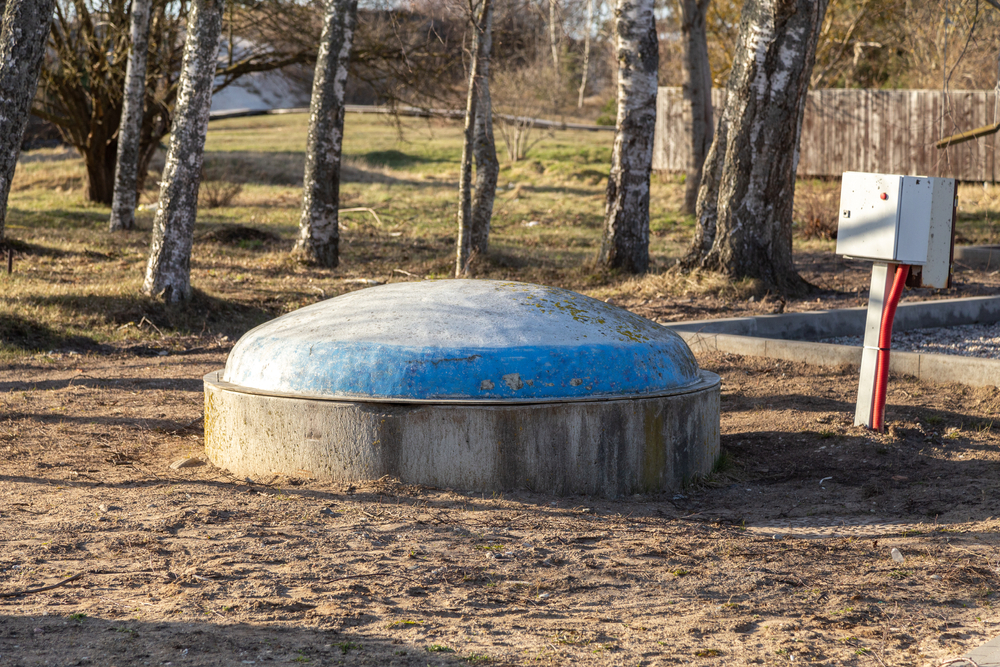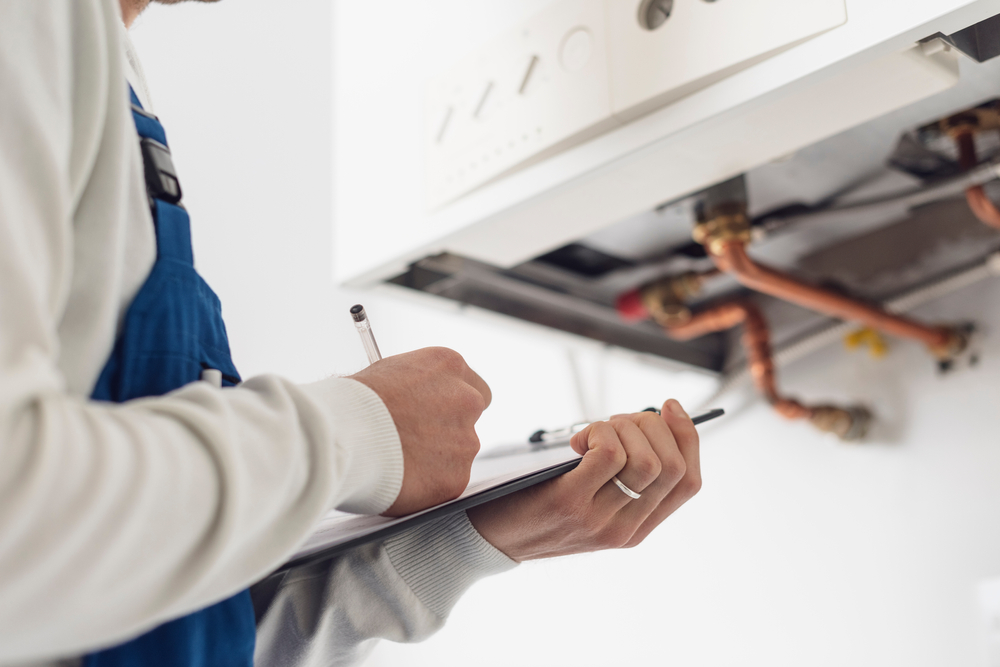Living in a picturesque rural area around Sydney offers many advantages – fresh air, open spaces and the serenity of nature. However, with these benefits come responsibilities, such as managing your wastewater efficiently. Unlike city dwellers who are connected to a municipal sewer system, rural homeowners often rely on septic systems. But how do you choose the right type of septic system for your rural home? Follow our guide.
Understand the basics
Before diving into the options, let’s understand what a septic system does. Essentially, it’s a small-scale sewage treatment system for homes that aren’t connected to a sewer. Wastewater from your home flows into a septic tank buried in your yard. Inside the tank, solids settle to the bottom, while liquids flow into a drainfield, where they are naturally treated by soil bacteria.
Soil matters
The type of soil in your area plays a significant role in selecting the right septic system. A percolation test, conducted by a professional, will determine how quickly your soil absorbs water. Based on this, you’ll know whether you need a conventional septic system or an alternative, like an aerobic treatment unit.
Size matters
The size of your family and home will determine the size of your septic tank. A smaller tank won’t efficiently handle the wastewater load, leading to issues like backups and foul odors. On the other hand, an oversized tank may not be cost-effective. Consult with a septic tank plumbing professional to ensure the tank size aligns with your household needs.
Conventional vs alternative septic systems

Conventional septic systems are the most common choice. They consist of a septic tank and a drainfield. They work well if your soil passes the percolation test. If not, consider an alternative system like an aerobic treatment unit (ATU) or a mound system. ATUs use oxygen to treat wastewater, making them suitable for challenging soil conditions.
Maintenance requirements for septic systems
Every septic system requires maintenance, but the level of care varies. Conventional systems are typically low maintenance if used correctly. ATUs need more attention, with regular inspections and air pump maintenance. Mound systems may require periodic levelling and reseeding.
Regulations and permits for septic systems
The rules and regulations for septic systems can vary by location, so be sure to check with your local authorities. You’ll likely need permits for installation and inspections along the way. A reputable plumbing service like Newman and Barker Plumbing in Sydney can help navigate these requirements.
Environmental impact
Consider the environmental impact of your septic system. Properly maintained systems are eco-friendly, but if they malfunction, they can harm the environment. Regular inspections and maintenance will ensure your system operates cleanly and efficiently.
Budget and long-term costs of septic systems
Installing a septic system can be a significant upfront cost. Factor in installation, permits and maintenance when budgeting. While conventional systems are generally less expensive, alternative systems might save you money in the long run if they’re a better fit for your soil and household.
Newman and Barker Plumbing – the best plumbers in Campbelltown

Choosing the right septic system for your rural home in Sydney doesn’t have to be daunting. By understanding your soil, household needs and environmental impact, you can make an informed decision. Remember, it’s essential to consult with professionals like Newman and Barker Plumbing, who have the expertise to guide you through the process. Our licensed plumbers at Newman and Barker are fully certified and licensed technicians catering to residential plumbing, rural plumbing and commercial plumbing clients. Responding to your plumbing emergencies on a 24/7 basis, we’ll attend to your call promptly to ensure you and your family members always remain safe. For more information and quotes, contact the specialists at Newman and Barker Plumbing on (02) 4625 5409 or online here. You can also connect with us on Facebook.
